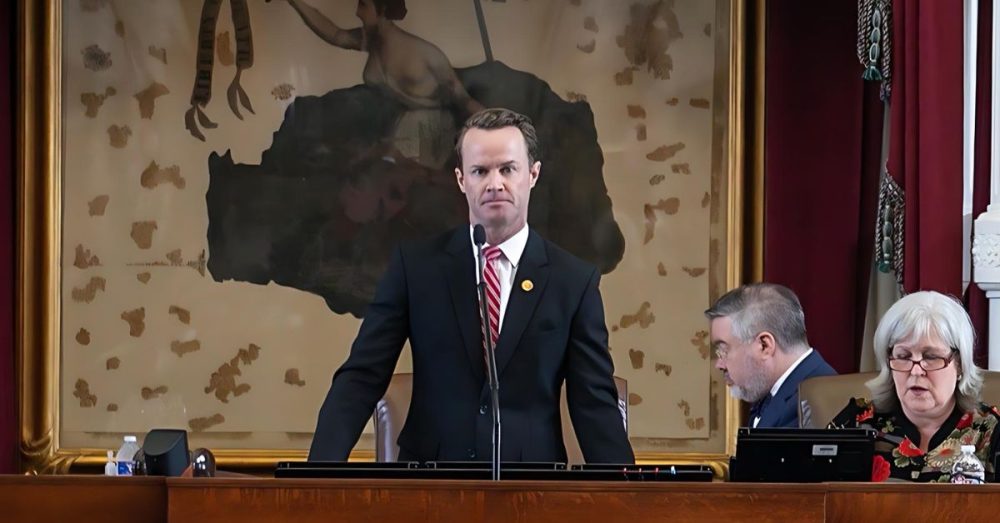(Texas Scorecard) – The Texas House has approved legislation by former Speaker Dade Phelan that would criminalize the distribution of altered political media, such as memes, videos, or audio recordings, unless they contain a government-mandated disclaimer.
Despite tweaks in a recently adopted committee substitute, the bill continues to face intense criticism from First Amendment advocates who warn it would chill political speech and satire.
Originally pitched as a response to AI-generated “deepfakes” in campaign content, House Bill 366 is significantly broader in scope. The current version makes clear that it doesn’t just apply to artificial intelligence, but also to any image, audio, or video that “did not occur in reality”—a definition that includes basic Photoshop edits and parody.
Under the substitute, the bill now technically applies only to individuals or entities who fall into one of three categories:
* Officeholders, candidates, or political committees;
* Those who spend more than $100 on political advertising during a reporting period (excluding basic tech costs);
* Anyone who publishes or distributes such content for compensation.
But critics argue that these limits are vague and still far too broad. The $100 threshold is especially unclear. It’s not defined by platform or content type, raising questions about whether someone who pays for a boosted meme or designs political content using paid tools could be swept up under the law.
The bill also adds an “intent to influence an election” requirement. While framed as a safeguard, opponents note that nearly all campaign speech exists to influence elections, making the clause effectively toothless.
The measure stems from a mailer sent during Phelan’s re-election campaign, in which an outside group depicted him alongside Nancy Pelosi to draw attention to shared donors. Phelan has said the bill is necessary to combat deceptive political advertising and restore trust in elections.
However, during a recent committee hearing, the Texas Ethics Commission contradicted key elements of Phelan’s defense. While he claimed the law wouldn’t touch social media, TEC General Counsel James Tinley acknowledged that political content posted online could, in fact, fall under the bill’s jurisdiction—especially if it contains express advocacy or resembles campaign advertising.
While the measure passed its initial vote without any debate on Tuesday, the scene was different on Wednesday as conservative lawmakers lined up to debate the bill.
State Rep. Shelley Luther, who was jailed in 2020 after opening her hair salon, took particular issue with the penalty for the proposed class A misdemeanor, which could result in up to a year in jail.
“I personally have dealt with judges who take a personal vendetta against you and make you an example,” said Luther. “For working, I got thrown in jail. So I’m asking you, if someone creates a cartoon, can you go to jail for a year?”
Phelan did not deny the accusation, instead saying he felt the punishment needed to be severe in order to force compliance.
“All you have to do is disclose it,” said Phelan.
State Rep. Mitch Little, meanwhile, noted that the legislation applied to a broad group of people.
“It says the section applies to a person who makes expenditures during a reporting period that in the aggregate exceed $100 for political advertising … and so a person in the grassroots could make expenditures in excess of $100 in a reporting period about something totally different than that meme, and they would be subjected to reporting under this section,” said Little.
Ultimately, the legislation was approved in a 102-40 vote. It is now being sent over to the Senate where it will have an uphill battle, as all legislation is referred and scheduled by Lt. Gov. Dan Patrick, who has been vocally opposed to Phelan.


